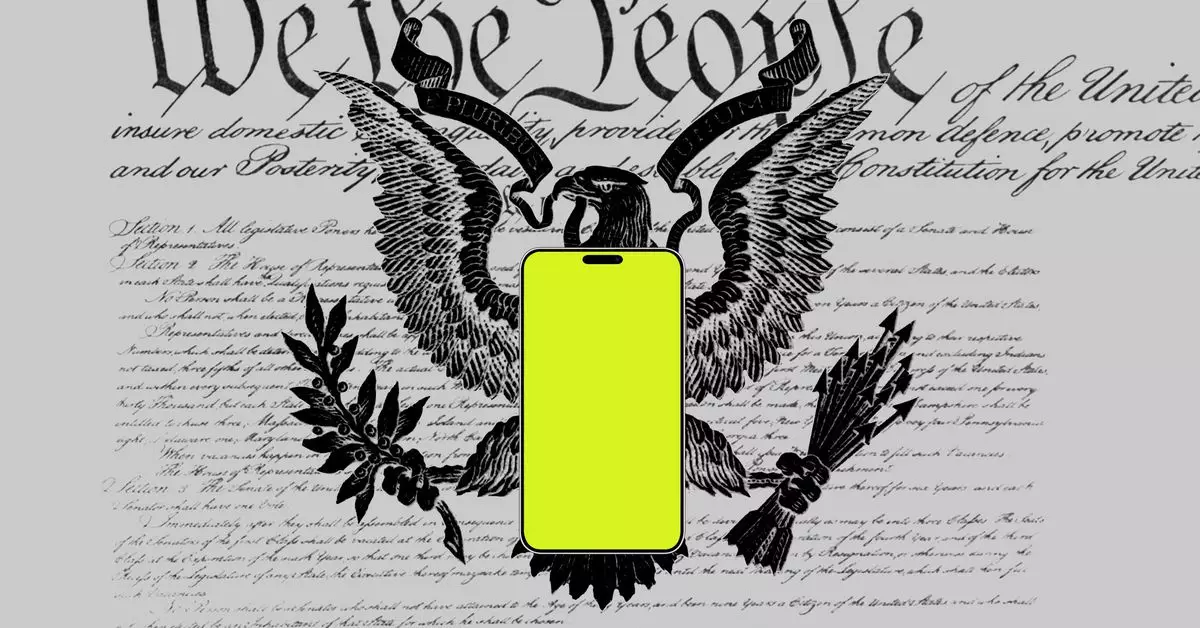In recent months, significant progress has been made in the battle against unsolicited telemarketing calls. The Federal Trade Commission (FTC) has reported a striking 50 percent decrease in the number of complaints regarding unwanted calls since 2021. This reduction marks a hopeful trend, suggesting that both regulatory actions and public awareness initiatives are effectively reducing the number of telemarketing calls that plague consumers.
According to the FTC’s latest report, complaints surrounding unwanted calls dropped sharply over the last fiscal year, with approximately 33,000 fewer reports lodged against telemarketers when compared to previous years. This remarkable statistic indicates a substantial change in consumer experience, as the relentless barrage of unwanted calls appears to be diminishing. However, it is essential to note that while complaints have lessened overall, the issues surrounding specific types of calls—such as debt reduction inquiries—have skyrocketed, with reports increasing by more than 85 percent. This indicates that while some telemarketing practices are declining, others are emerging, signaling a shifting landscape.
The FTC’s Bureau of Consumer Protection Director, Sam Levine, acknowledged that even though illegal calls remain a problem, the dip in complaints can largely be attributed to strategic actions undertaken by the agency. Notably, the FTC has intensified its focus on the “upstream players” involved in telemarketing operations rather than solely targeting the individual callers. This approach not only tackles the immediate issues but also addresses the systemic factors that allow such operations to flourish.
In the past year, the FTC enacted stringent regulations against illegal telemarketing practices, including a prohibition on impersonating governmental entities. The enforcement of the Telemarketing Sales Rule (TSR) plays a crucial role here, introducing clear limits on when telemarketing calls can occur and clarifying its scope to include scams utilizing artificial intelligence. The FTC has also enacted bans on specific scam campaigns, exemplified by the crackdown on fraudulent vehicle warranty offers that had become increasingly prevalent.
The Federal Communications Commission (FCC) has also been instrumental in combating unwanted calls. Key initiatives include the implementation of a robust anti-spoofing protocol developed for mobile carriers to ensure that caller ID information accurately reflects the calling number. Additionally, the FCC has prohibited AI-generated robocalls, reinforcing its commitment to protect consumers from automated disturbances.
Cooperation among major telecommunications providers has intensified, with cell carriers now required to block likely illegal robotexts and ensure that consumers have the ability to opt out of unwanted messaging. These ongoing efforts reflect a collective commitment to enhance consumer protections and diminish the frequency of invasive telemarketing practices.
While the decline in telemarketing complaints is encouraging, it highlights the necessity for continued vigilance against evolving tactics used by unscrupulous callers. Ongoing regulatory oversight, technological advancements, and consumer education are critical components of this fight. As the landscape of telemarketing continues to shift, remaining proactive will be vital to sustain consumer protection gains and create a less intrusive communication environment for everyone.


Leave a Reply